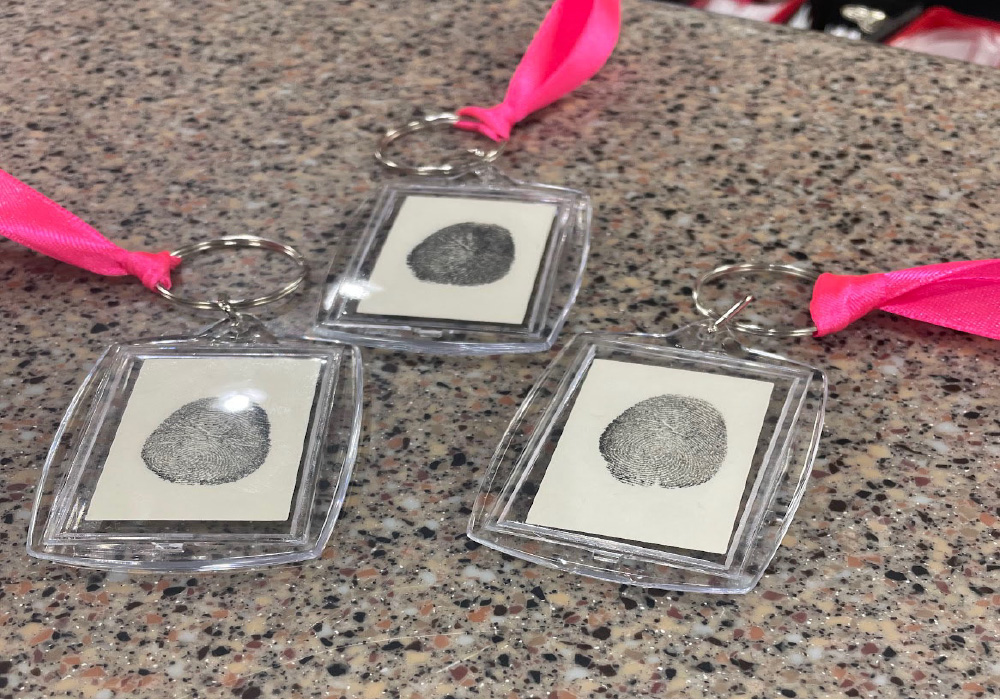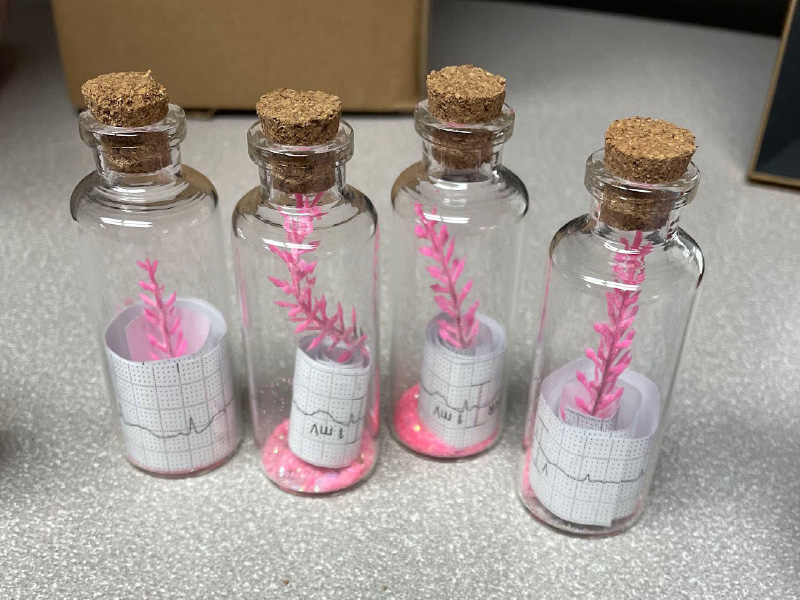Programs such as the 3 Wishes Project (3WP) not only equip healthcare professionals with the tools to support critically ill patients at the end of life (EOL), but they also promote healthcare worker well-being by instilling a deeper sense of purpose in their work, authors reported in the results of their DNP project published in the June 2024 issue of the Clinical Journal of Oncology Nursing.

The authors’ organization had previously implemented 3WP in its medical intensive care unit (ICU) and reported subsequent improvements in the emotional health of patients, family members, and oncology and ICU clinicians, as well as staff job satisfaction, teamwork, and morale. For the current project, the authors adapted their organization’s 3WP model specifically for patients with cancer in the oncology ICU.
“The 3WP education toolkit was modified for oncology for the current project and contained a bedside checklist, frequently asked questions, bedside scripts, brochures, tracking sheets, a wishes menu, and sympathy cards for patients and families,” the authors said. “Additional resources included wish ideas and supplies, how-to videos, and implementation steps, and all project resources were available in physical locations and electronically through the project website.”
To measure the project’s outcomes, the authors surveyed clinical staff both before and after a 60-day pilot period. During that time, 15 staff directly fulfilled 49 patient wishes with the support of other staff. The wishes were small, inexpensive requests that had big meaning for patients and families, such as:
- Comfort items (e.g., blankets, socks, stuffed animals)
- Keepsake items (e.g., fingerprint on a keychain, "heartbeat in a bottle" [electrocardiogram strips], audio recording of a patient's heartbeat)
- Decorations (e.g., mini light strings)
- Other (e.g., bibles, facilitated good-byes to family members)

Overall, staff reported statistically significant increases in their perceptions of EOL care, EOL services, interprofessional EOL communication, and prognosis discussions. They also reported moderate increases in their perceptions of communication with patients and families, the timing of transitioning to comfort or EOL care, and communication with the primary oncologist.
After the 60-day pilot, 62% of staff reported increased professional morale and 69% felt that the program had a meaningful impact on patients and families and positively influenced the ICU team. A total of 64% said that the education toolkit and project website were user-friendly, and 40% reported time as the top barrier to implementing the program.
“Research has suggested that oncology nurses may feel inadequate in supporting patients [with a cancer diagnosis, sometimes terminal, who experience pain and suffering from illness or treatments] and their families, prompting outcomes of nurse stress, burnout, compassion fatigue, and attrition,” the authors wrote. “Through fostering interprofessional communication, prioritizing patient and family preferences, and personalizing EOL care through the 3WP, healthcare workers demonstrated increased satisfaction with EOL care and services, team communication, and communication with patients and families. This project suggests that the 3WP may reduce clinicians’ moral distress and compassion fatigue, promote well-being, and improve the EOL care experience of patients and families, and additional studies should be performed to test for these outcomes.”






